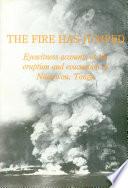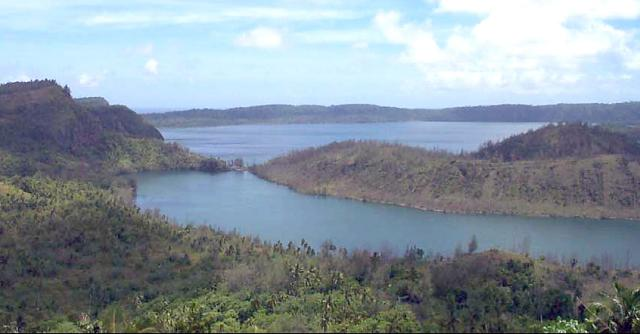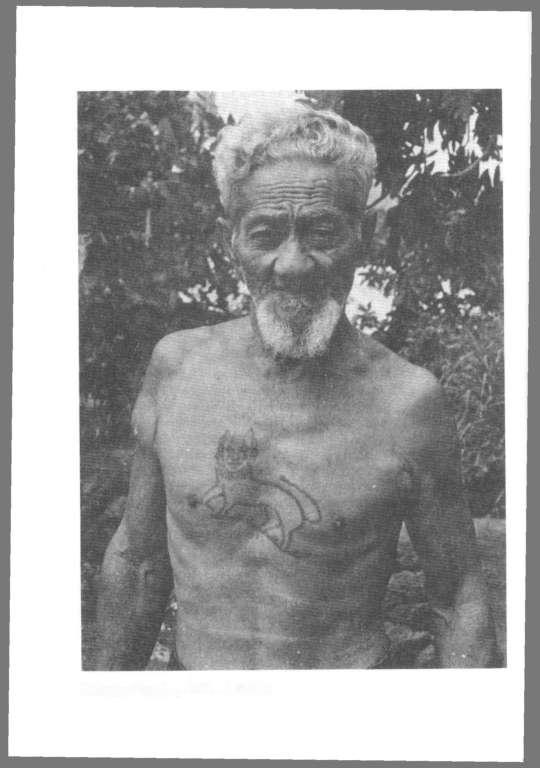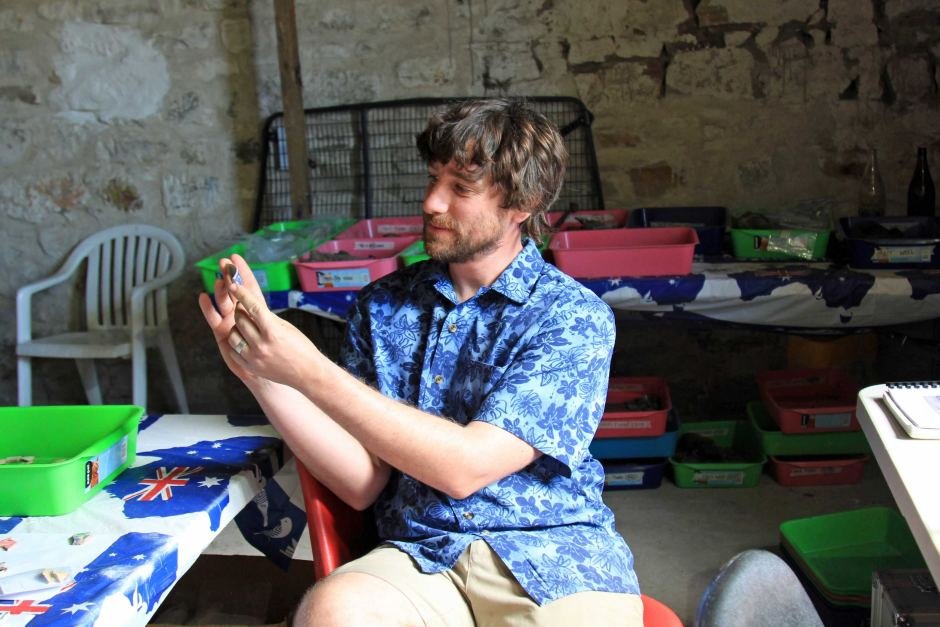1 In the Guardian Rutger Bregman describes the survival of some Tongan teens wrecked on the deserted island of & #39;Ata in the & #39;60s, & contrasts their happy story with that of Lord of the Flies. But there& #39;s another Tongan castaway story that p& #39;haps resembles Golding& #39;s novel. (thread) https://twitter.com/guardian/status/1259050383638437888">https://twitter.com/guardian/...
2 In 1946 the volcanic island of Niuafo& #39;ou, in the extreme north of Tonga, exploded. Tonga& #39;s government sent a ship, & ordered islanders to evacuate their home. Almost all the Niuafo& #39;ouans left; a couple of dozen, tho, hid in the bush.
3 In the classic work of oral history they called The Fire Has Jumped, Wendy Pond & Garth Rogers brought together stories from the evacuation of Niuafo& #39;ou. They also let some of the renegades who stayed on the island talk.
4 Pond & Rogers showed that the stay-behind Nouafo& #39;ouans threw off many of the customs of Tonga. They discarded their clothes, for example, & they went freely onto the lands of the island& #39;s absent noble.
5 Palenapa Lavelua was a & #39;castaway& #39; Niuafo& #39;ouan & a key source for Pond & Rogers. He presented the years after 1946 as a time of happy hedonism. But a later researcher, Thomas Riddle, learned some unhappy facts from Lavelua.
6 Lavelua had been forcibly removed from Niuafo& #39;ou some time in the late & #39;40s or early & #39;50s. Resettled in the Tongan capital of Nuku& #39;alofa, he spent his days shivering under a blanket, complaining the Arctic weather of the kingdom& #39;s south. Lavelua was allowed to return in & #39;58.
7 Tom Riddle interviewed Lavelua at length during a stint in Tonga& #39;s north. The elderly Lavelua offered Riddle a very different story about Niuafo& #39;ou& #39;s stay-behinds. The island had become lawless; morality had collapsed; the sole female stay-behind had been raped repeatedly.
8 The story Lavelua offered is not rare in human history. There have been at least as many cases of isolated groups of humans behaving barbarously, as they did on Niuafo& #39;ou, as there have been cases of comradeship & courage of the sort that sustained the & #39;Atan teens.
9 It seems to me that the most valuable aspect of Pacific history is not the groups of castaways who have lived without conflict for a few months or years, but the ways in which diverse societies have tried to manage conflict in fragile environments.
10 James Flexner is an anarchist archaeologist who has written fascinatingly about the mechanism for handling conflict in Melanesia. His accounts of & #39;food fighting& #39; in southern Vanuatu, where competitive feasting replaces warfare, are exemplary.
11 Ralph Regenvanu is an anthropologist & a politician who has studied & tried to extend traditional peace-making & resource-sharing practices. https://www.academia.edu/2538494/Re-imagining_the_Economy_in_Vanuatu_an_interview_between_Ralph_Regenvanu_and_Haidy_Geismar">https://www.academia.edu/2538494/R...
12 It seems to me that the institutions & practices described by the likes of Flexner & Regenvanu are what is most valuable, in a political sense, in the Pacific. They, & not the experiences of castaways, are what we in the West can p& #39;haps best study & learn from.

 Read on Twitter
Read on Twitter








